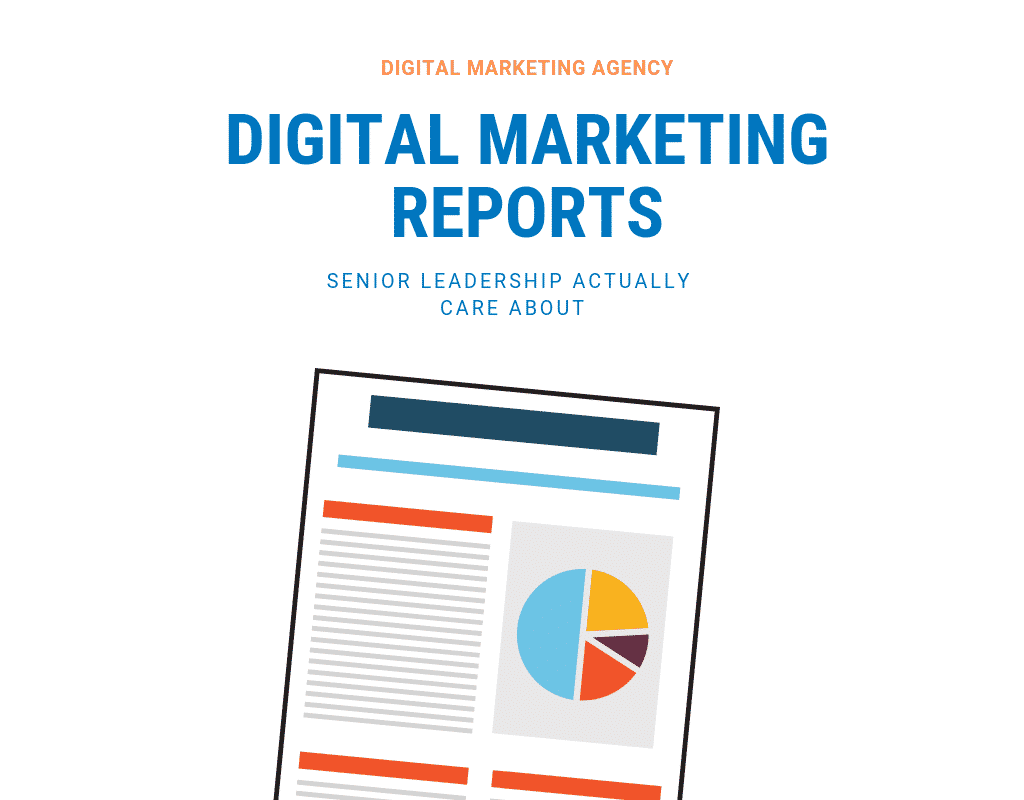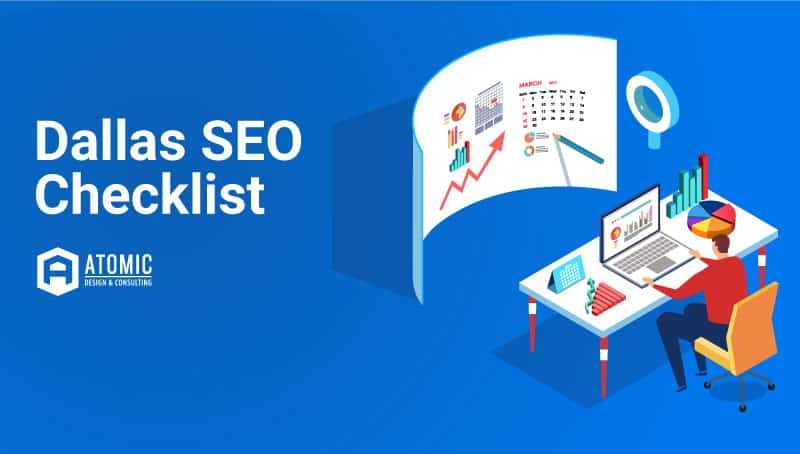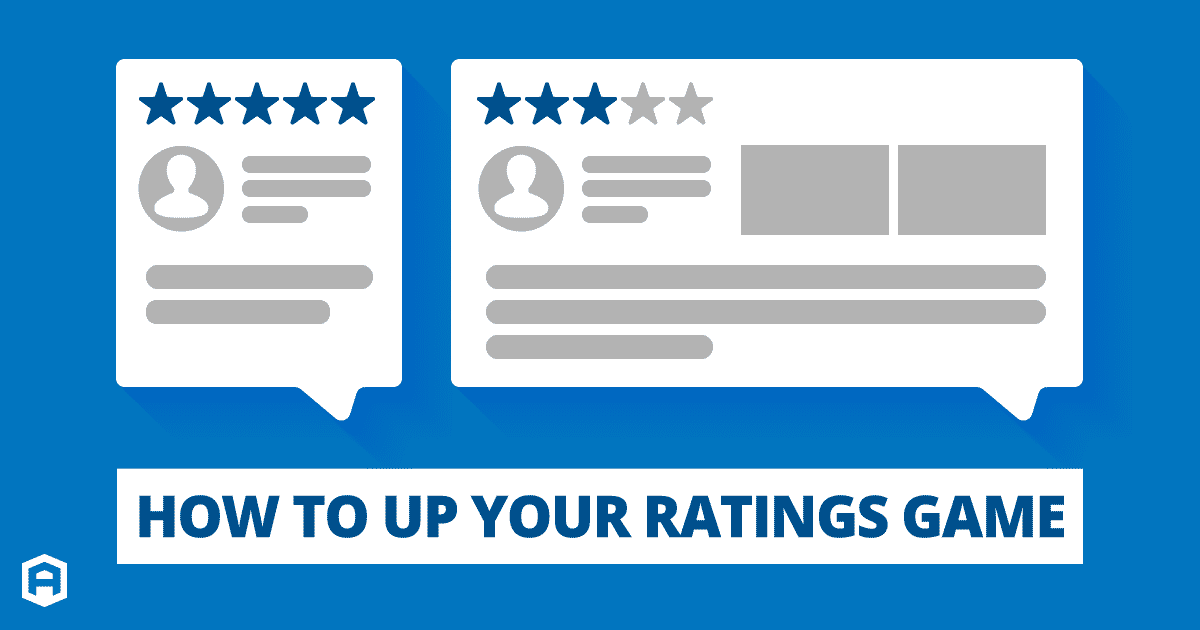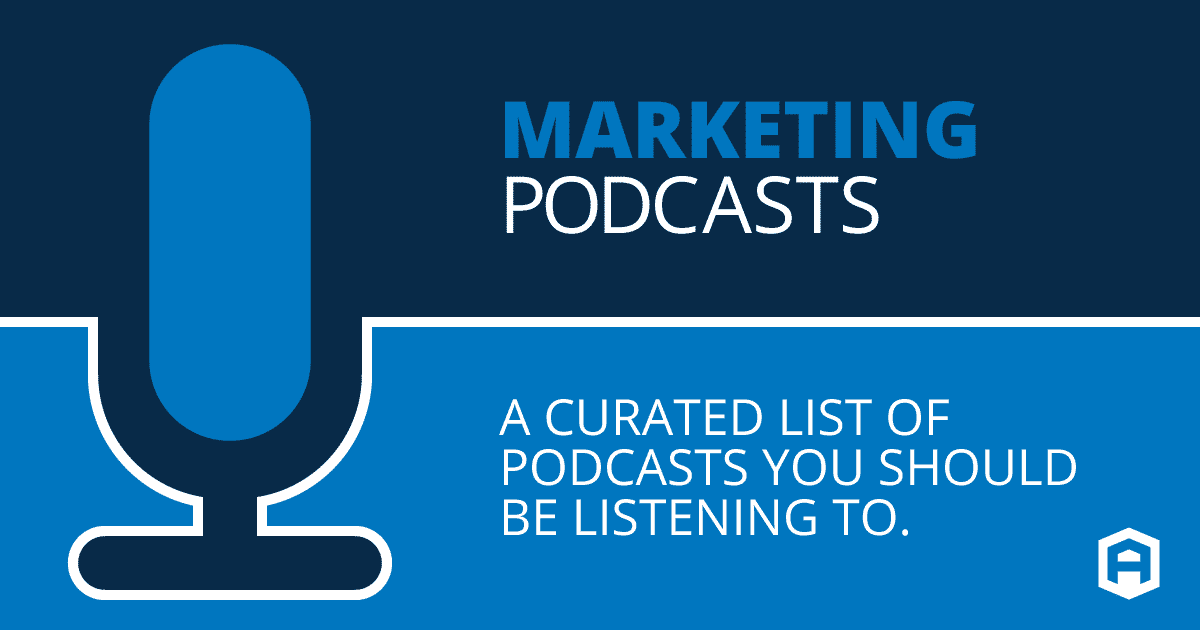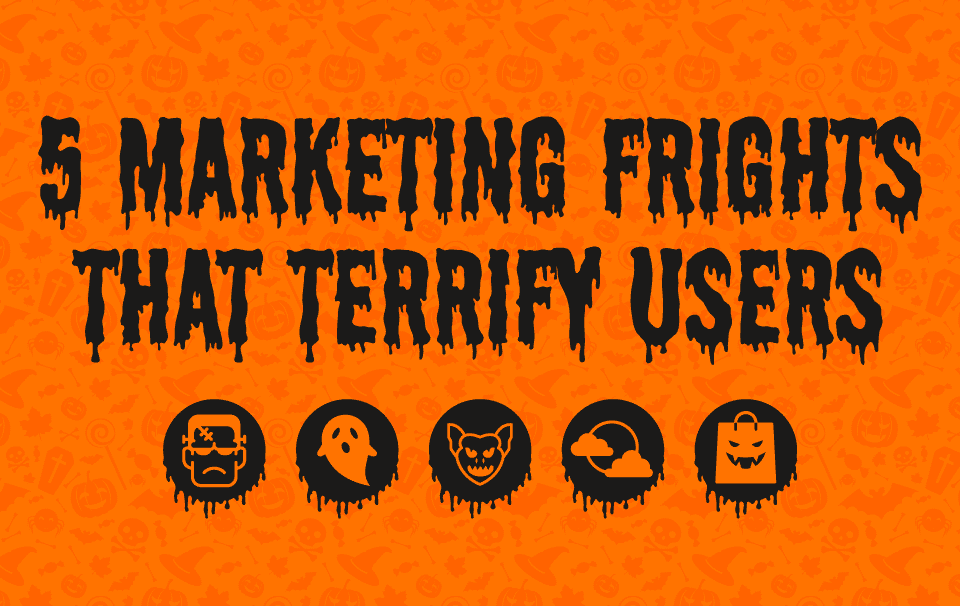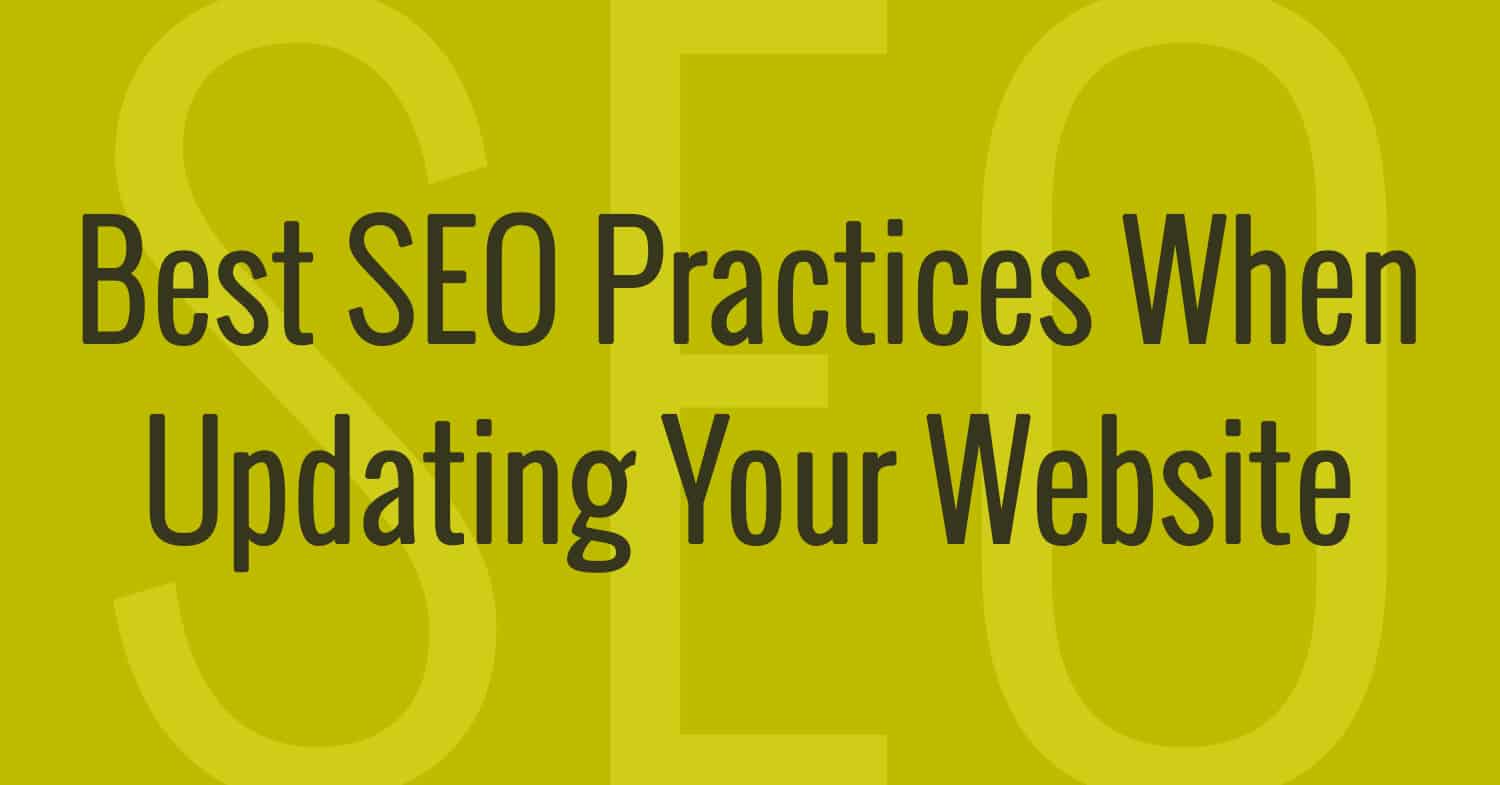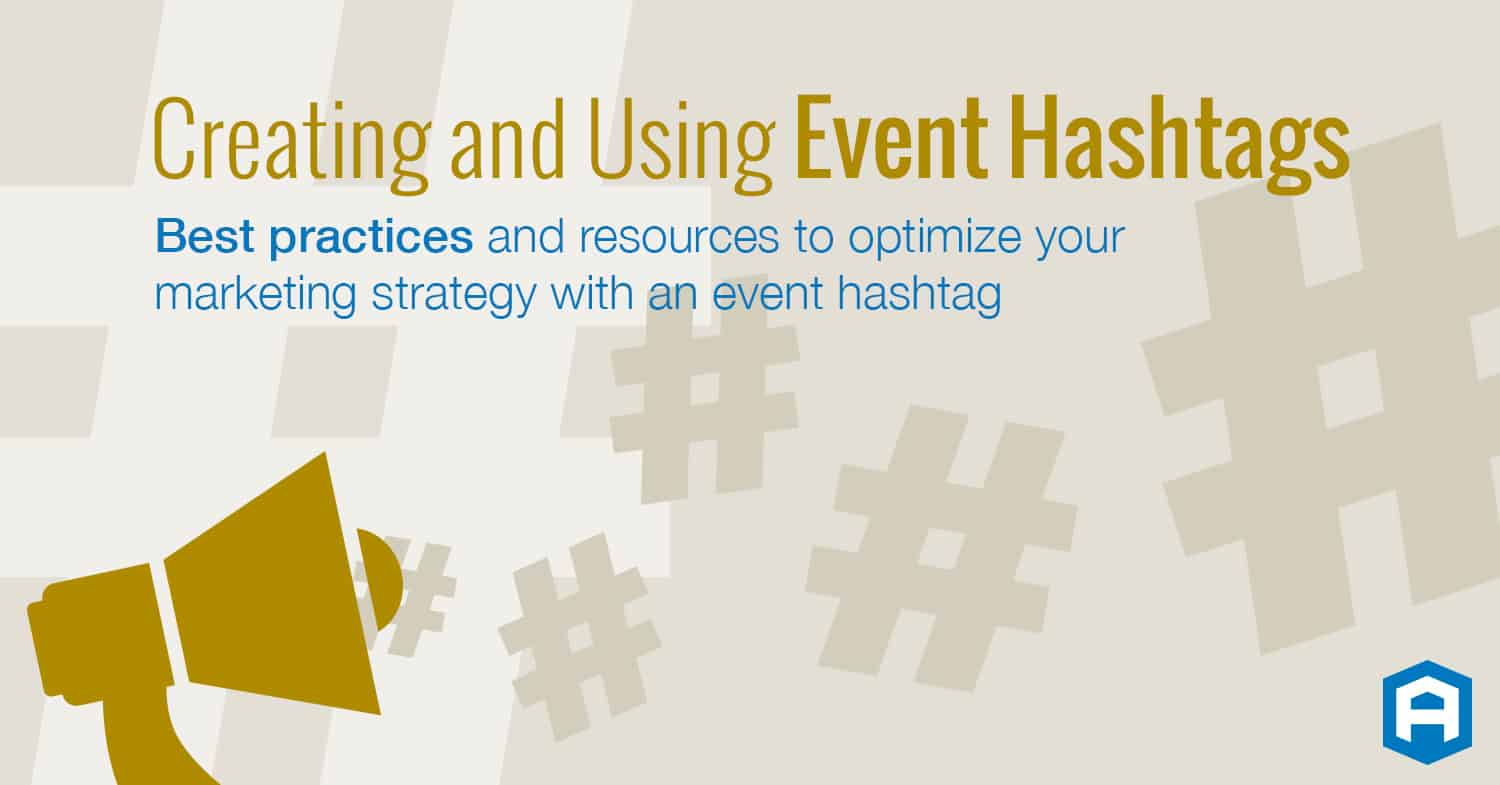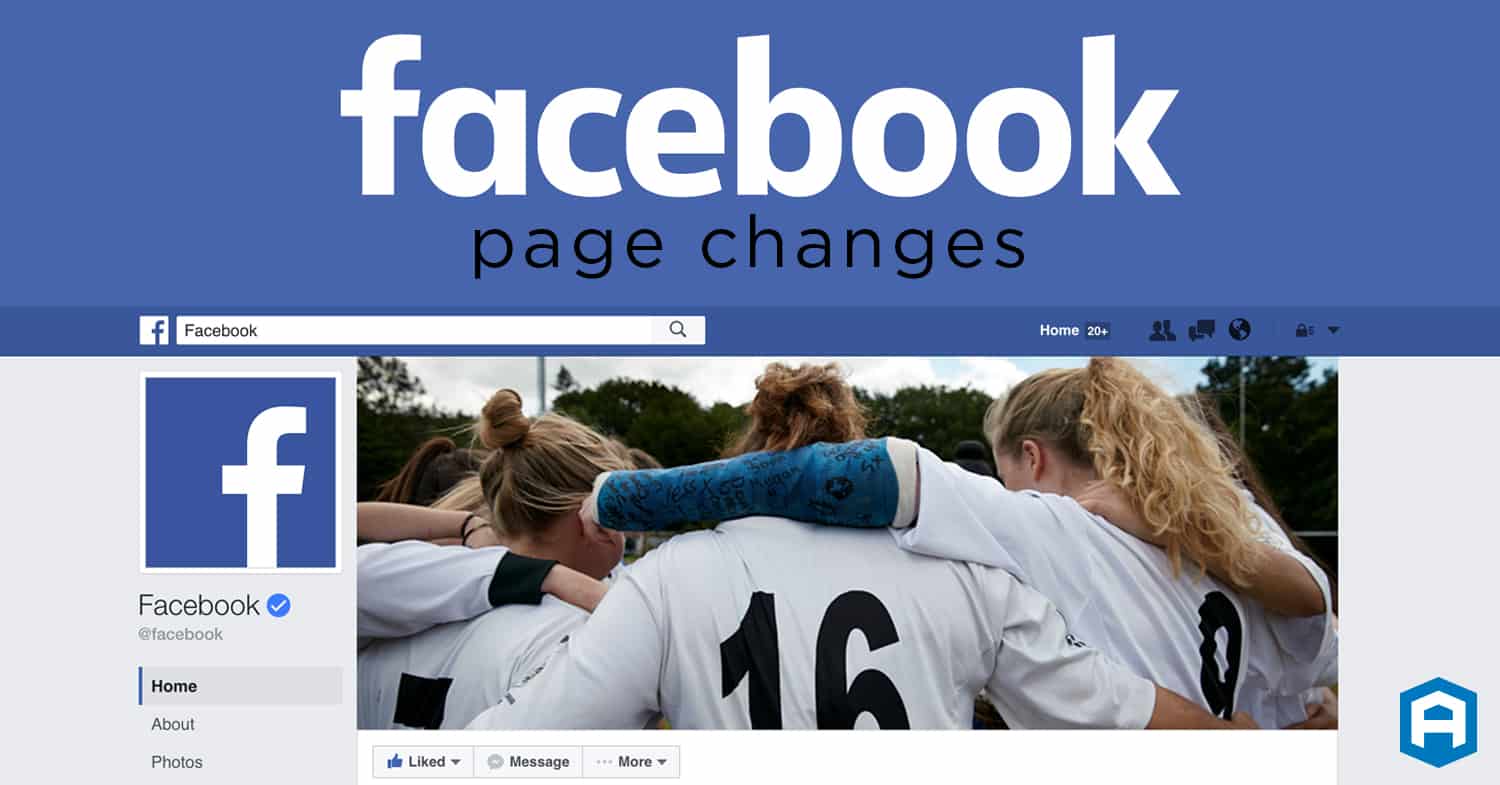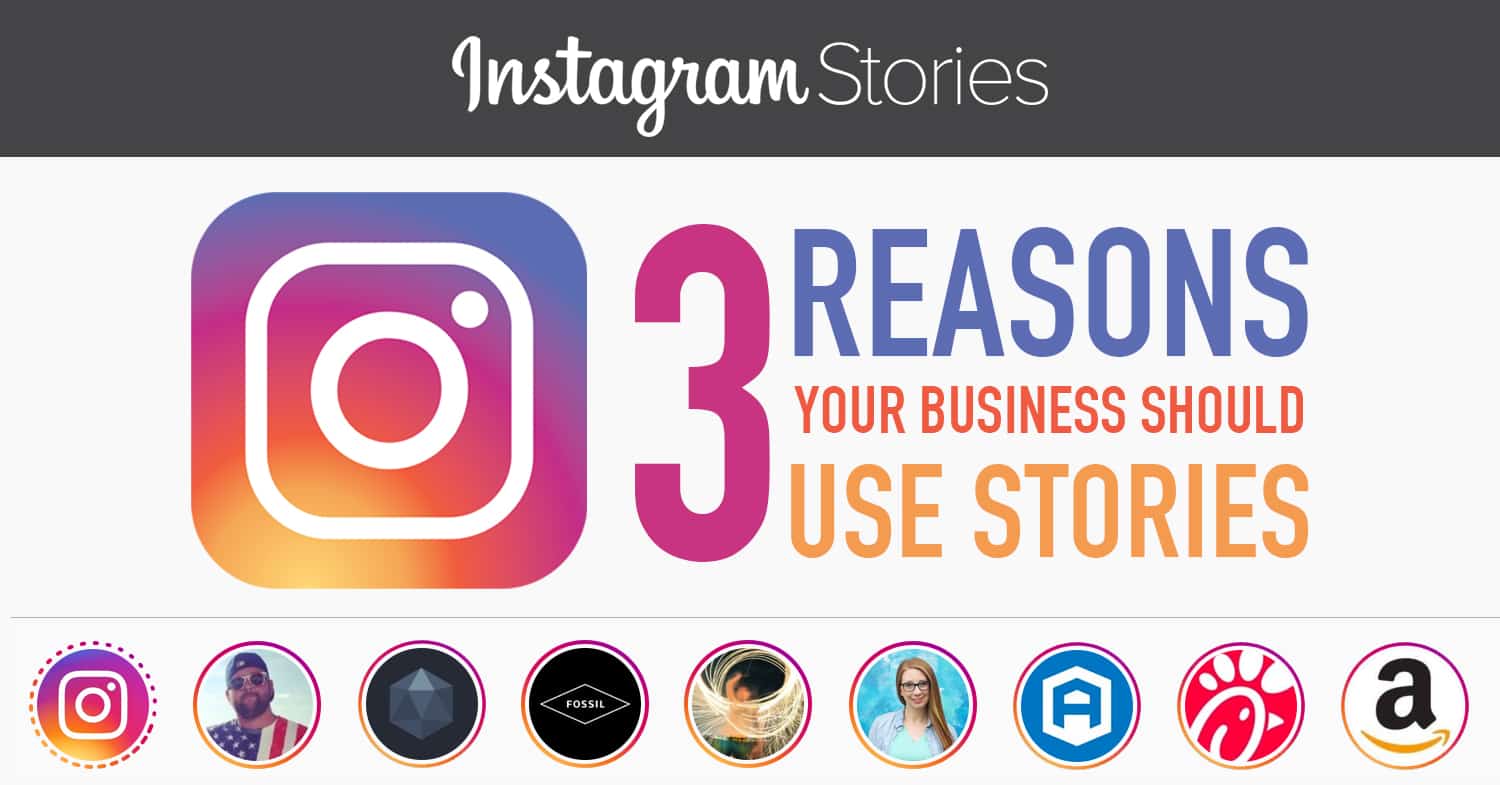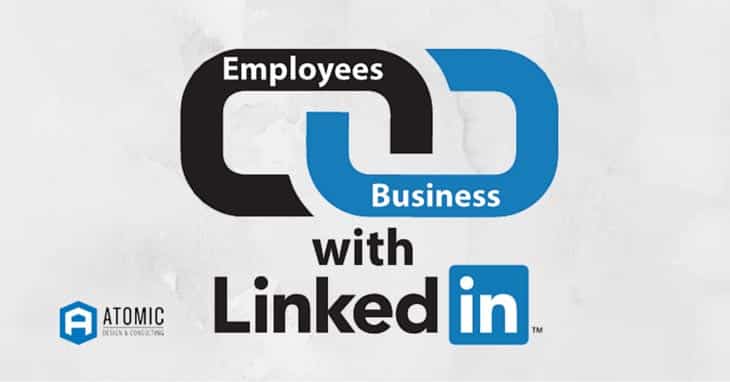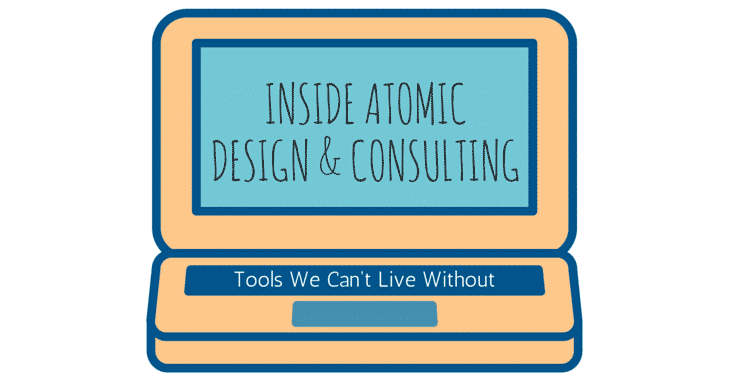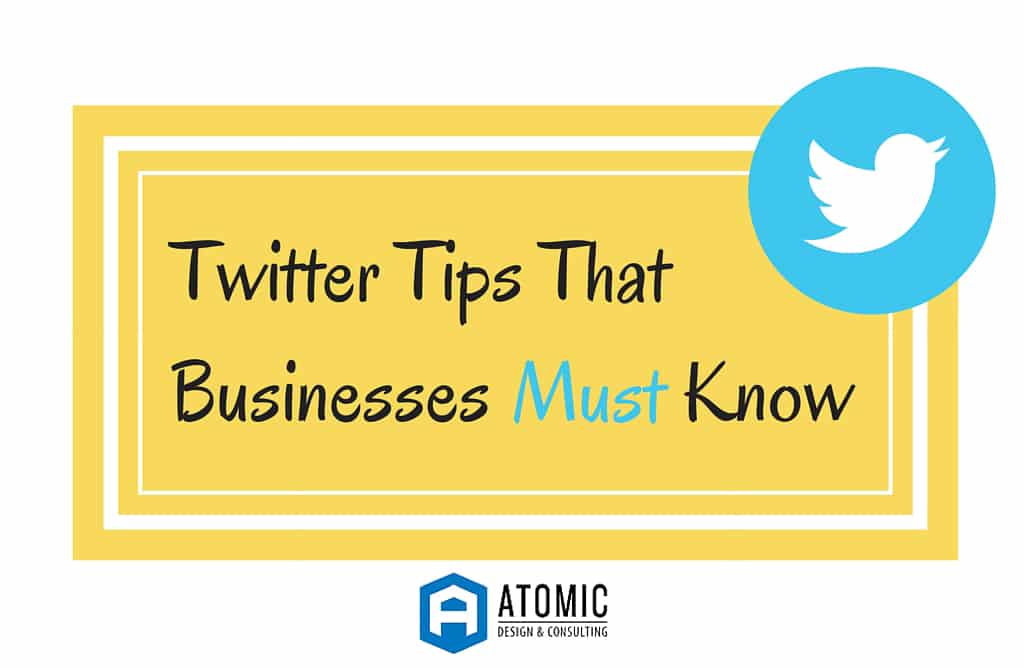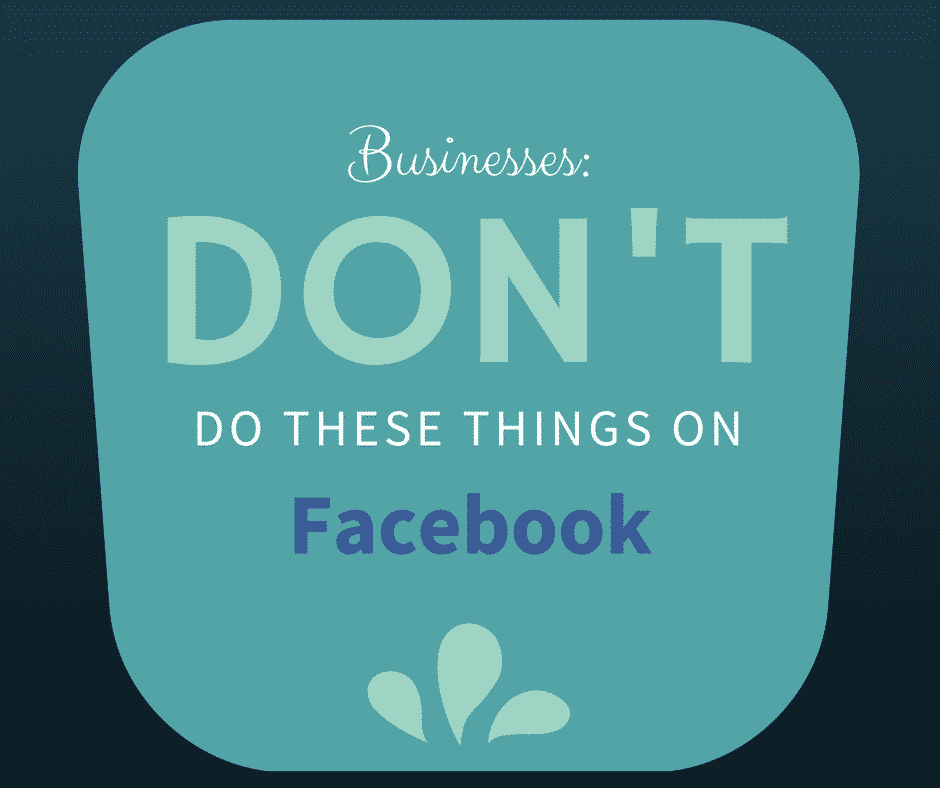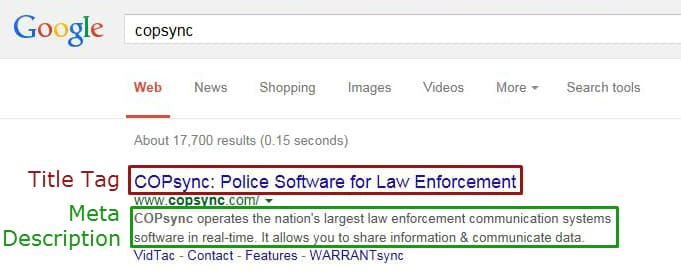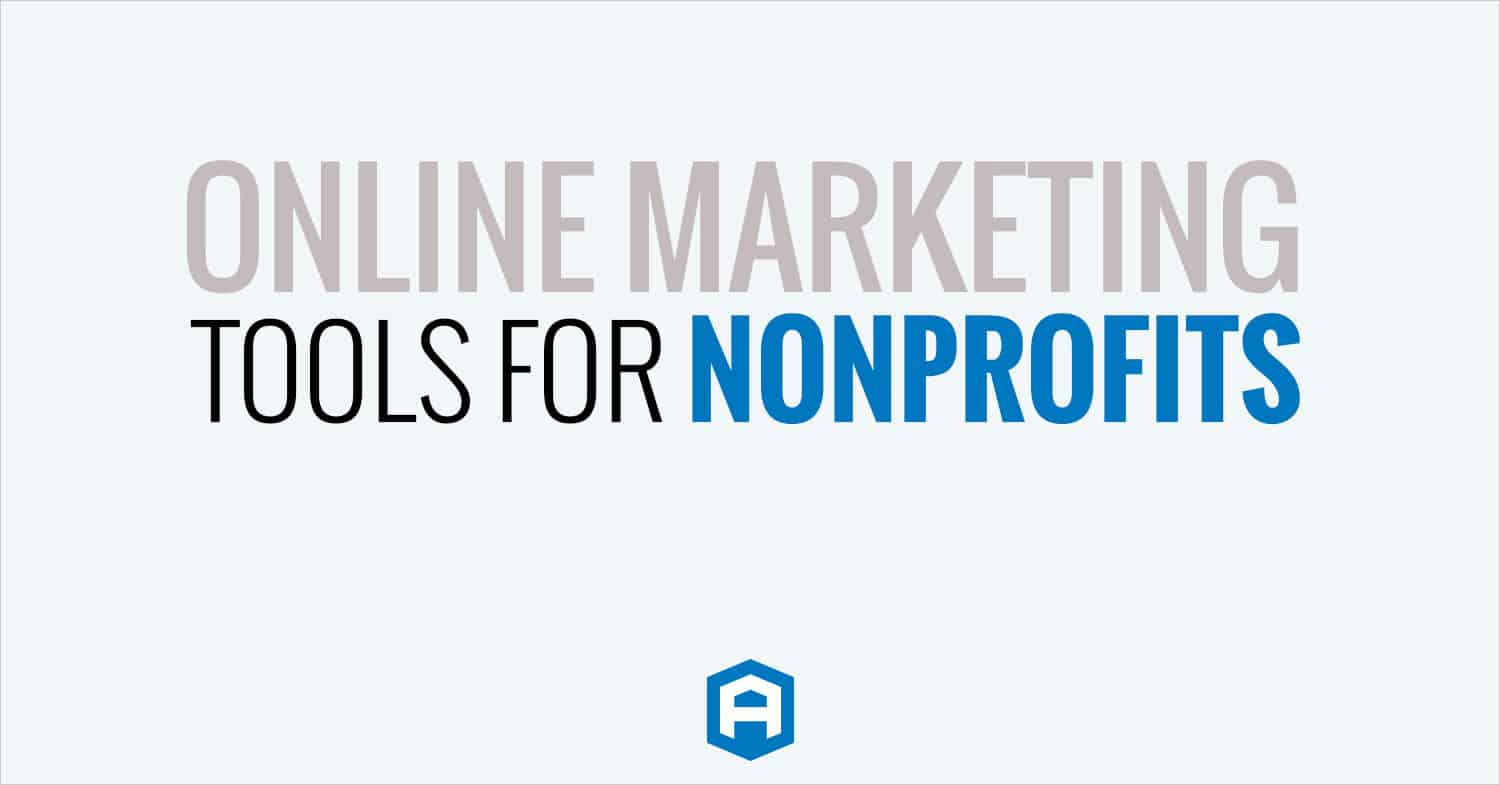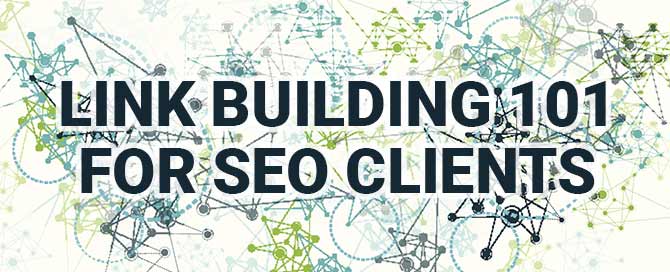
When you request a proposal for SEO services, there are a few tactics that will be in every scope of work: on-page optimization, tracking analytics, and link building.
Most clients understand the value of optimizing your site to have relevant content and tracking the results, but if you’re tilting your head at “link building,” you’re not alone.
So what is link building, anyway?
Link building is like building your personal network
For example, compare link building to hiring an employee:
Applicant A – Has a decent resume, but when you start asking people in your industry about them, nobody seems to have heard about them.
Applicant B – Has a resume with a few gaps in employment, but when you talk to your trusted industry friends, they rave about this person’s work.
Applicant C – Has a killer resume, but your network tells you they have a bad attitude.
Who do you hire? Applicant B of course, and link building is no different.
When Google decides who will rank first on their search engine, they do check the “resume” (Is there relevant content on their site? How long has this site been around?), but their primary source is their “network” (Google’s network is a database of links).
The more high-quality, relevant links you have pointing to your site, the better you will rank. Think of these links as introductions or job references that other sites are giving to Google about your business.
Just like relationships, building trust with Google through links means investing a lot of time and energy, and one mistake can destroy that trust. Here are four things to remember:
1. Provide value
In our personal relationships, we rarely invest time and energy into people who don’t invest back in us. By providing value through helpful blog posts, useful online tools, and other sources, you give other websites an incentive to link to your content.
2. Connect with Google’s best friends
There are a few sites that Google trusts highly and crawls more frequently that are relatively easy to get a link from:
By making sure that you have a complete, accurate listing setup on these sites with a link pointing to your website, it’s like having one of Google’s best friends tell them that you’re a legitimate business where they should send their traffic.
3. Avoid trouble-makers
Having a lot of links is great, but if you’re getting them from the wrong sources, they may have no value, or worse, Google would stop trusting you at all and remove you from their search engine.
If someone who you know to be a thief recommends someone for a job at your company, you’re not likely to give that candidate a call and offer them the position right away. Google has the same process.
Any site that has a bad reputation with Google (link and content farms (sites that exist only for SEO), sites with malware, etc.) can actually damage your rankings by giving you a link. If you get too many links from these sources, Google could even give you a site-wide penalty.
4. Never stop cultivating
Once you’ve built a solid network of links, you might be able to coast on that for a while; however, eventually, site content will be updated and you’ll lose old links or a competitor will come along and build more links than you, putting them at an advantage.
In order to keep your existing rankings, you have to cultivate those links just as you cultivate relationships in real life. Keep your local listings and profiles up-to-date. Keep your blog fresh with new content. Reach out to people who link to your resources now and let them know when you make updates.
Link building is never done.
Still have questions?
If you still have questions about link building, feel free to reach out to one of our SEO experts at seo@atomicdc.com. We’d be happy to answer and provide any assistance you need.
Need Specific Help?
Interested in a specific topic? Review the topics below to get the info, news, and tips you need!



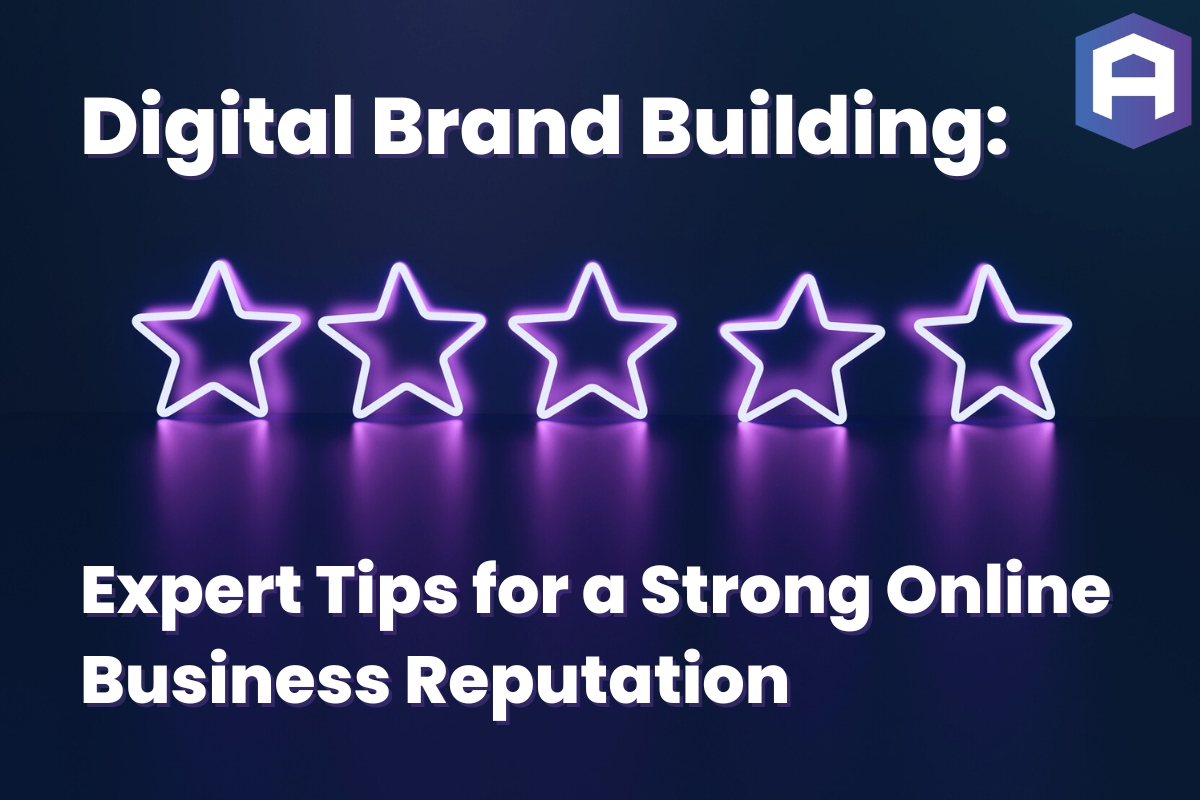







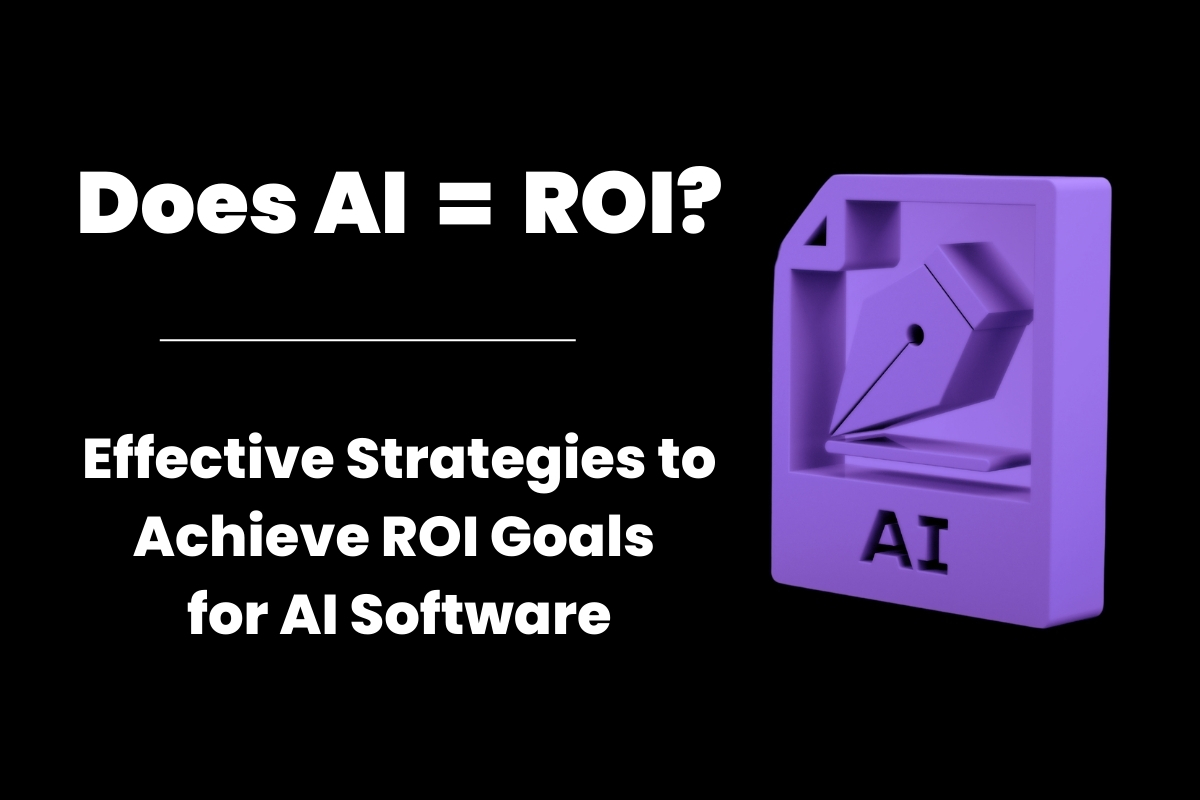






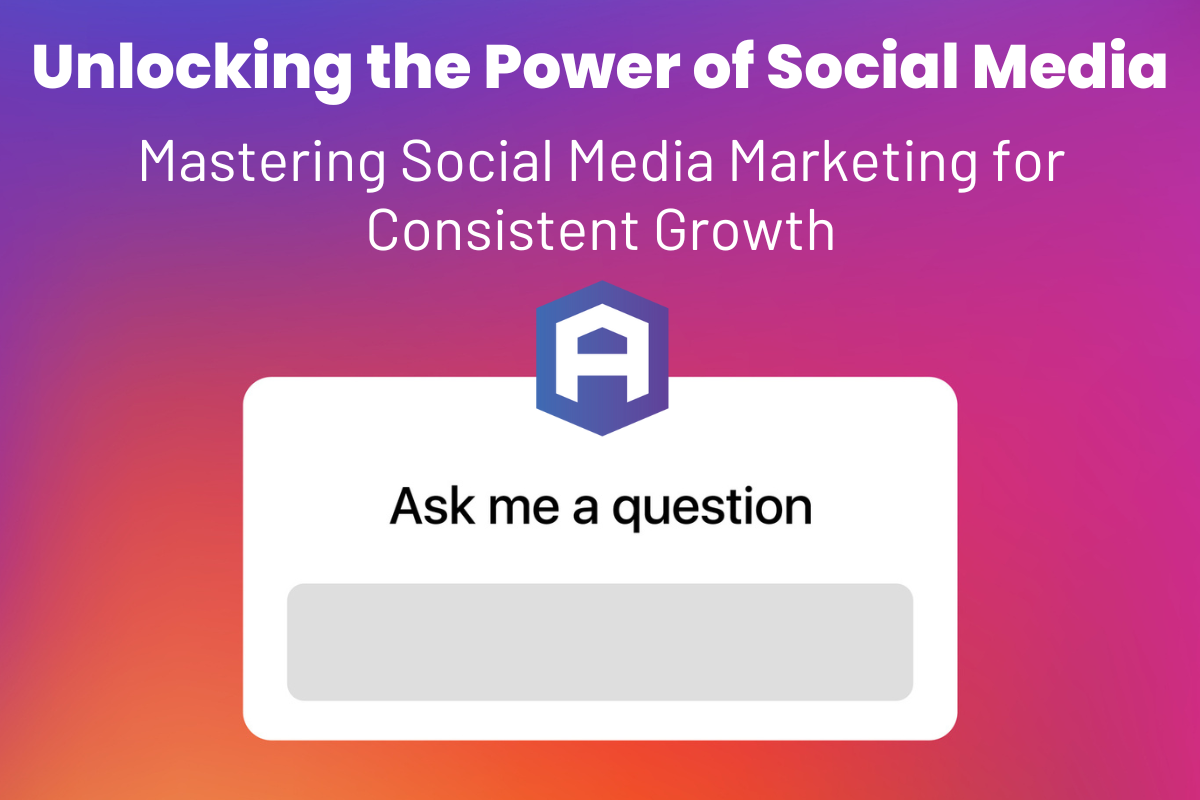




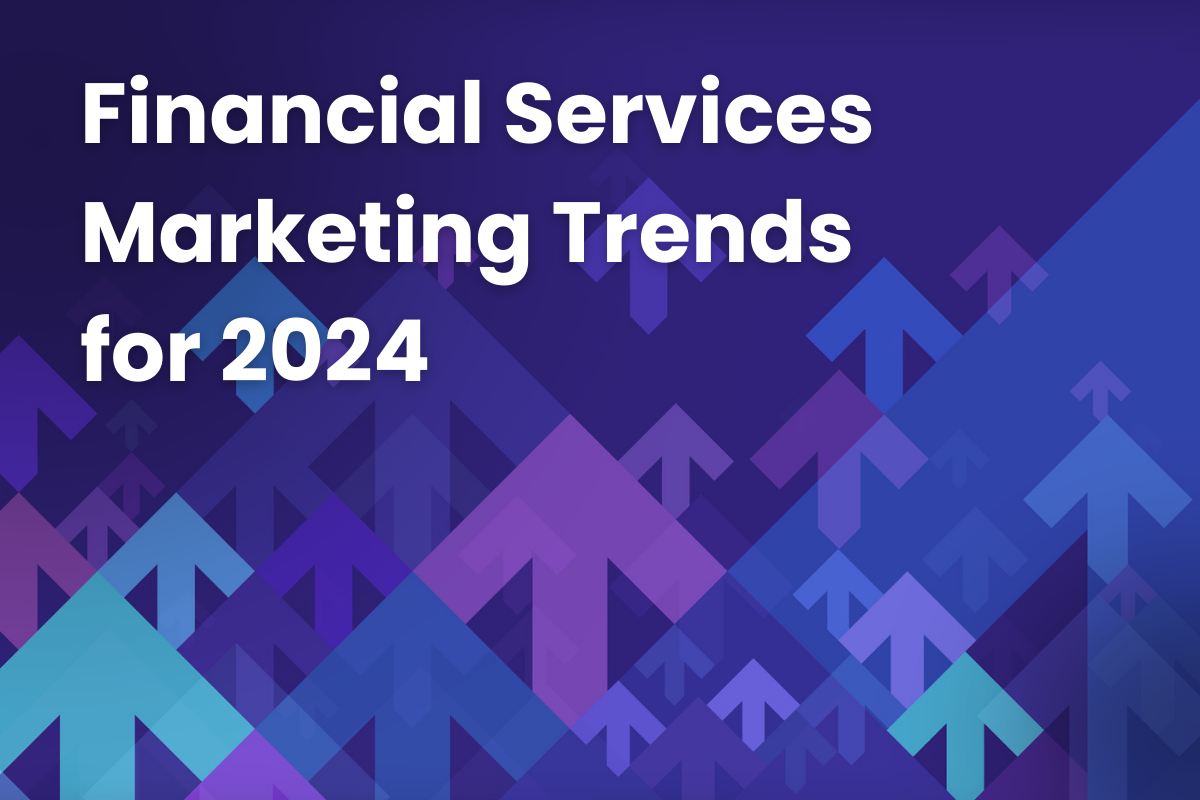
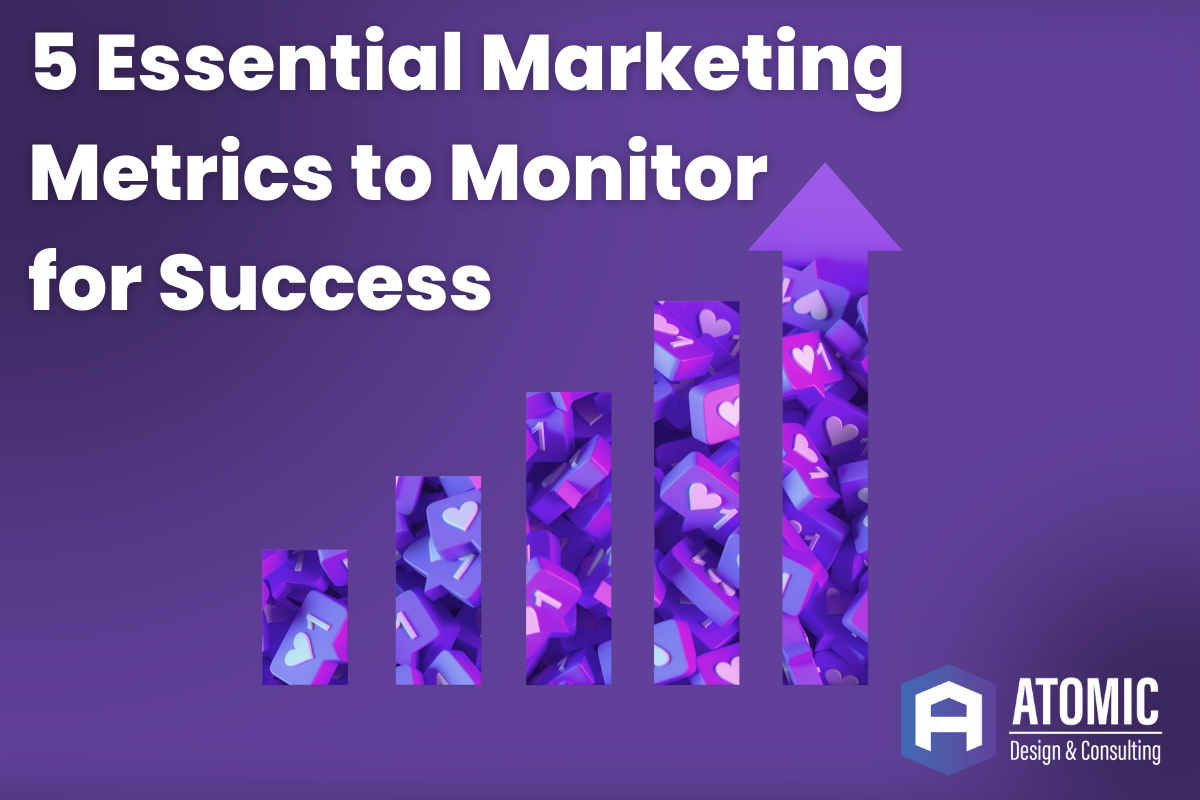





















![HubSpot Partner Day 2019 [Recap] 47 ADC partner day 1200x630 1](https://www.atomicdc.com/wp-content/uploads/2019/09/ADC-partner-day-1200x630-1.jpg)
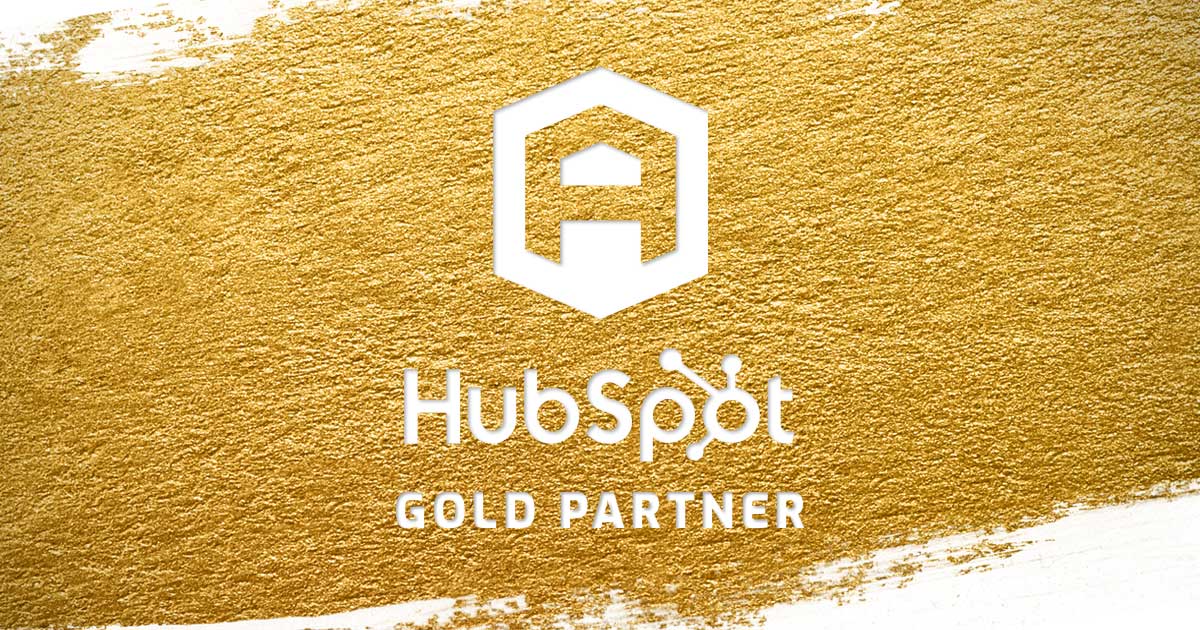


![30 Awesome HubSpot Tools That Won’t Cost You a Dime [Free Inbound Marketing Tools] 51 30 hubspot tools that won't cost you a dime](https://www.atomicdc.com/wp-content/uploads/2019/06/ADC-30-hubspot-tools.jpg)


